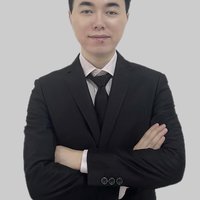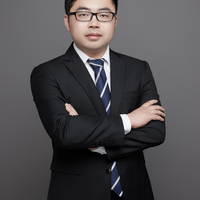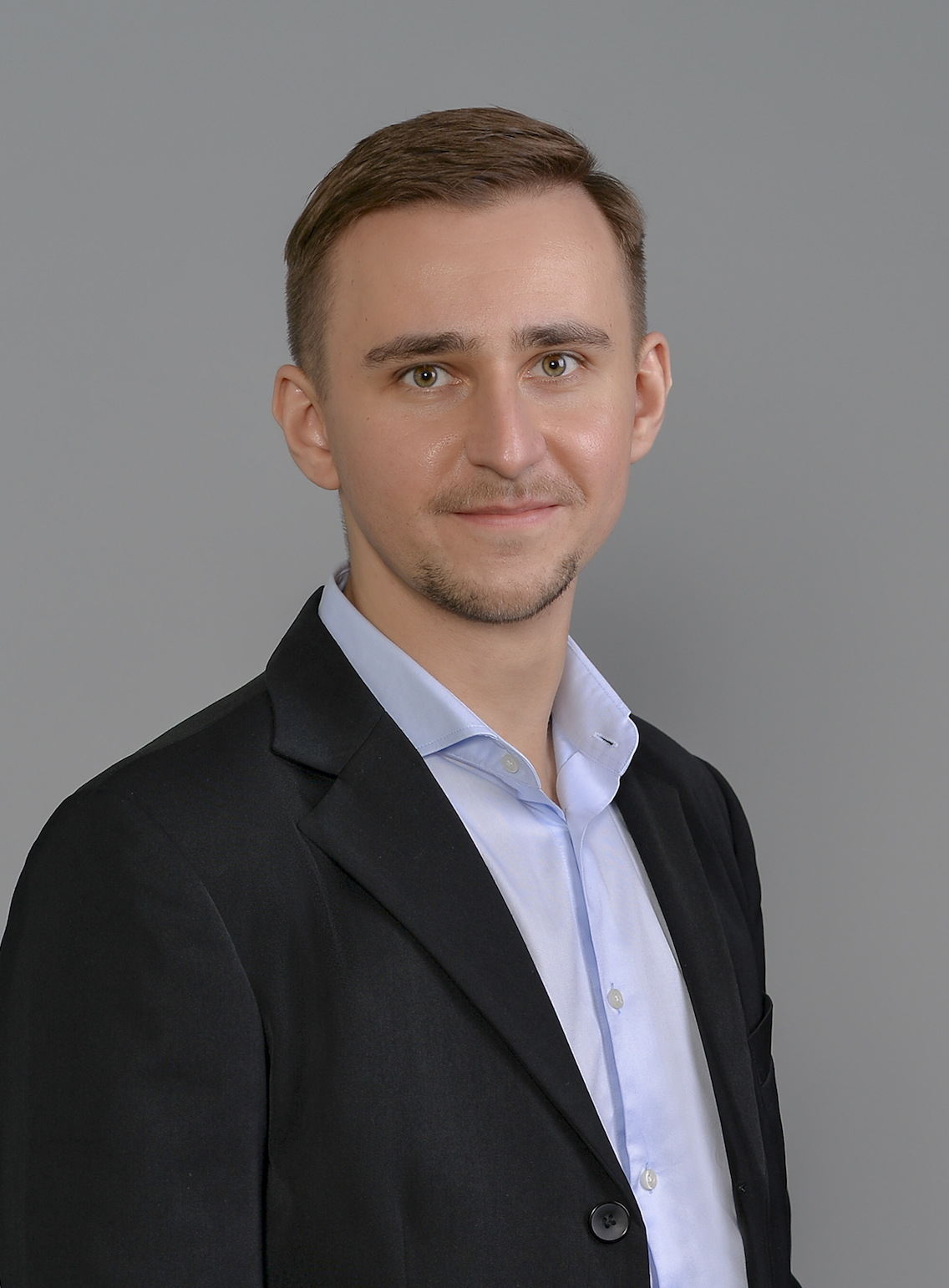Nanotechnology & materials
Denis Bandurin
Paving the way to a new field of electron hydrodynamics and unveiling new physical effects.

Asia Pacific
Xue Jiang
Experimentally observed the perfect transmission in acoustic Klein tunneling.

Asia Pacific
Guoqing Chang
Uncovering novel topological semimetal phases and explored the feasibility of their potential applications.

MENA
Asmaa Jrad
Advanced water filter featuring molecularly tailored covalent-organic framework.

Asia Pacific
Yang Chen
He has investigated, enhanced and modulated chiral light-matter interactions at the nanoscale.
